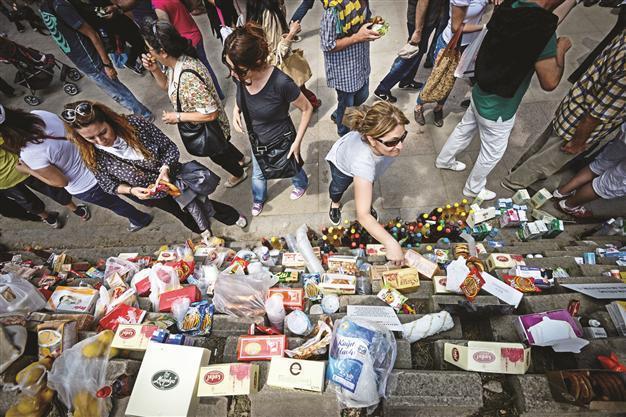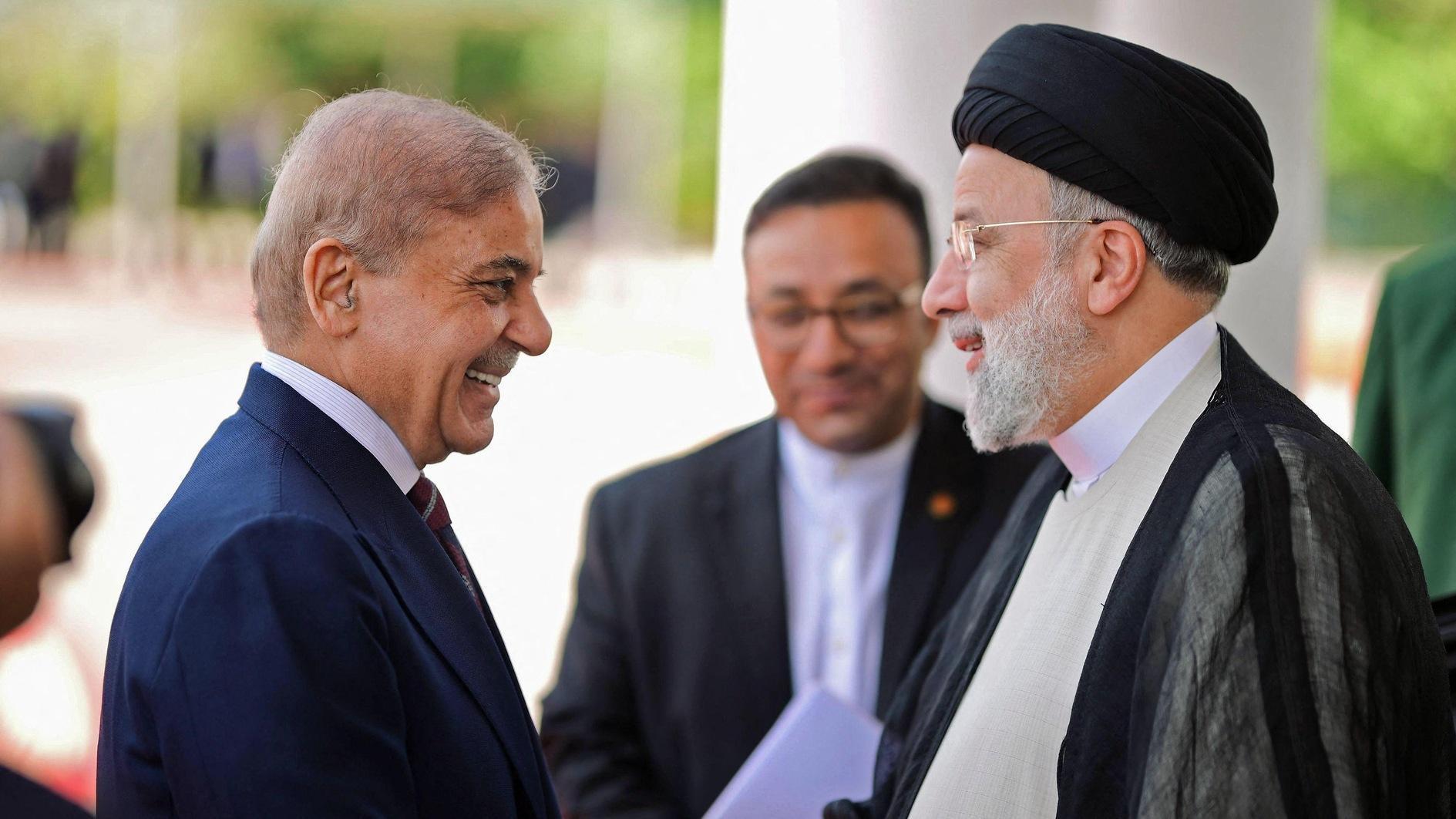Sharing and gift economies bloom in Turkey
EMRAH GÜLER

Gift economy, sharing economy, rowdfunding, collaborative consumption, and mesh economy are some of these systems gaining more followers each day. DAILY NEWS photo by Emrah Gürel
Give it to the Age of Aquarius, the awakening of the Indigo children, the unprecedented flow of information across the globe through social media, or to the collapse of neoliberal policies and majoritarian democracies. Whatever your conceptions of the changes sweeping the globe for the last couple of years are, it’s hard to deny the fact that we are waking up to a new world, to a new age. The Occupy Wall Street movement of 2011, other Occupy movements it sparked, and many other mass protests since then around the world, including Turkey’s very own Gezi Protests, are defining the new decade. On the purest and most simple level, these civil uprisings and mass gatherings are revitalizing forgotten communities, creating new ones, and reclaiming public spaces as, well, public spaces.“Community is nearly impossible in a highly monetized society like our own,” says Charles Eisenstein, the popular speaker, teacher, and the author of “Sacred Economics: Money, Gift & Society in the Age of Transition,” in one of his essays. “That is because community is woven from gifts, which is ultimately why poor people often have stronger communities than rich people.” In his book, and many of his essays, Eisenstein portrays a picture of transformation from a financial system to a gift economy, “better reflecting our emerging sense of interrelatedness.” Many alternatives to today’s market-based, monetized economy have been emerging next to these very markets. Gift economy, sharing economy, crowdfunding, collaborative consumption, and mesh economy are some of these systems gaining more followers each day. Turkey has been home to some innovative organizations and communities, practicing and advocating these alternative economies. Eşya Kütüphanesi, Library of Stuff, is one of them. Started in late 2012 by two young entrepreneurs, after taking the first place in the Startup Weekend Istanbul competition, Library of Stuff is a sharing platform that works through their website, esyakutuphanesi.com, and social media.
The Library of Stuff lets you lend and borrow. Its founders, Aysu Erdoğdu and Ayşe Gökçe Bor are both graduates of Ankara’s Middle East Technical University, both were introduced to social entrepreneurship through their graduate studies, and both are willing to use entrepreneurship for social benefit. The Library of Stuff matches lenders and borrowers, location being the most important criteria at the moment. “What we are trying to achieve with the Library of Stuff is to revive the sense of sharing and solidarity seen in the old neighborhoods through using the internet,” said Erdoğdu. “We try to facilitate borrowing and lending through our website. You can become a member, lend your stuff or you can check who has the item you need, so that you can borrow.”
“There are altogether around 200 listings on our website,” said Bor. “The most lent items are books, sports equipment and electronics. The most wanted items are bicycles and cameras.” Any unusual items? “An online survey we had held revealed that there are some willing to lend a concrete breaker, a welding machine, even a boat,” answered Bor. While the Library of Stuff was working the sharing ethos before the Gezi protests, “the spirit of Gezi was a dream for everyone who was part of the sharing economy,” said Erdoğdu. “Gezi helped awaken in many of us a sense of sharing and solidarity. It might be the best thing coming out of the protests and the following period.” The exchange markets held in parks, forums and elsewhere regularly in the last month, perhaps, are a testament to that.
An online survey asking 250 users why they signed up to Library of Stuff revealed three major reasons; to help reduce the use of natural resources, to help others, and for displaying a stance against consumption culture.
Sharing and saving
Zumbara, sharing and saving your time Zumbara, an abbreviation of Time Bank, or more like, Time Piggy Bank, is an innovative sharing platform where time is used instead of money, a community in which talents, skills and experiences are shared. This gift-based, alternative sharing economy allows users to earn an hour for every hour of service they provide. You can choose to spend your hour whichever way you want, as long as it is not more than the hours you have given. With over 15,000 users registered to the website, zumbara.com, and over 1,000 hours of monthly service exchanged, Zumbara users offer anything from language practice and script writing to dance lessons and CV writing. “The services are limited only by your imagination,” said Ayşegül Güzel, the co-founder of Zumbara. “Preparing playlists, character analyses using colors, watching meteor showers, writing plays for kindergartens, and making houses out of hay are some of the more creative services offered in the website.” Güzel said the time bank system was used in various ways in 35 countries, from the UK and USA to Japan and China. In fact, the origins of use of time as an alternative economy goes back to 1827 when the American Josiah Warren established the Cincinnati Time Center as an alternative economy experiment. “What Zumbara offers as an alternative to global examples is its incorporation of web 2.0, or social technologies, into the time bank system,” said Güzel. “With social technologies, we intend to make the time bank system more effective and efficient, helping the movement to grow faster all around the world.”
Thanks to social media, Zumbara has spread from an online presence to real communities, mainly in universities, across different cities in Turkey, including Istanbul, İzmir, Ankara, Denizli, Eskişehir and Antalya. Güzel said that the sharing economy is on an exponential rise across the world: “Hopefully, the sharing economy will be able to threaten the global economic growth. We will all then lead more peaceful, less anxious lives.” The simple sentence on Zumbara’s manifesto says it all: “Life is more pleasant when shared.”
















